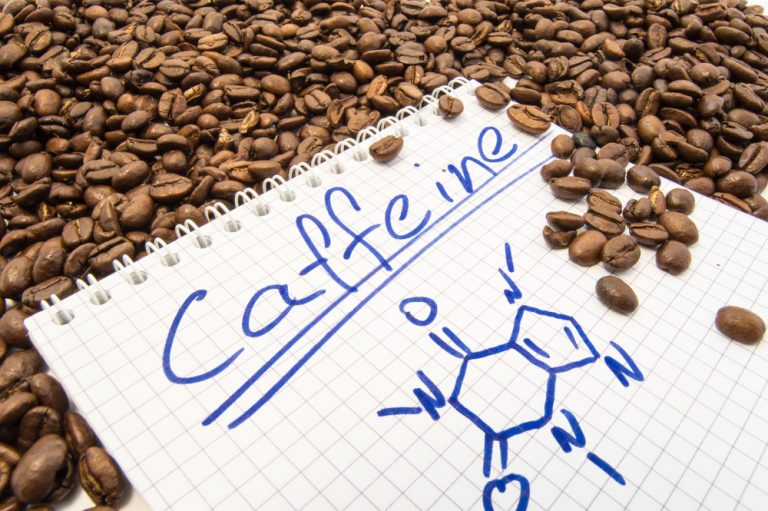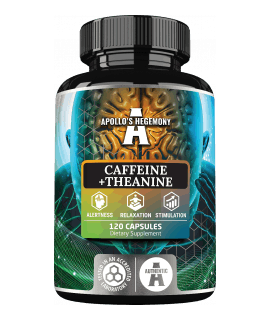Coffee is a widely used drink, due to the stimulation of the nervous system and an aroma that is extremely attractive for some people. Many people can not imagine starting the day with "a small black one. Can coffee affect our sports performance?
Caffeine - basic information
The most well-known and best-felt effect of coffee is the stimulant effect resulting from the presence of caffeine (about 1%), which is the main active ingredient of coffee. This is due, inter alia, to the similarity of caffeine to the molecules of adenosine, which is the inhibitory neurotransmitter. Attachment of caffeine to the adenosine receptor blocks its access, slowing down the appearance of tiredness. Caffeine also increases the secretion of neurotransmitters, such as dopamine, serotonin, adrenaline, and acetylcholine, which stimulate the sympathetic nervous system, resulting in greater psychophysical stimulation, increasing concentration and cognitive functions. Thanks to the simultaneous stimulation and delaying the occurrence of fatigue, we are able to train longer and more intensively, which translates into the level of microdamage of muscle fibers. For this reason, caffeine is found in almost every pre-workout supplement.
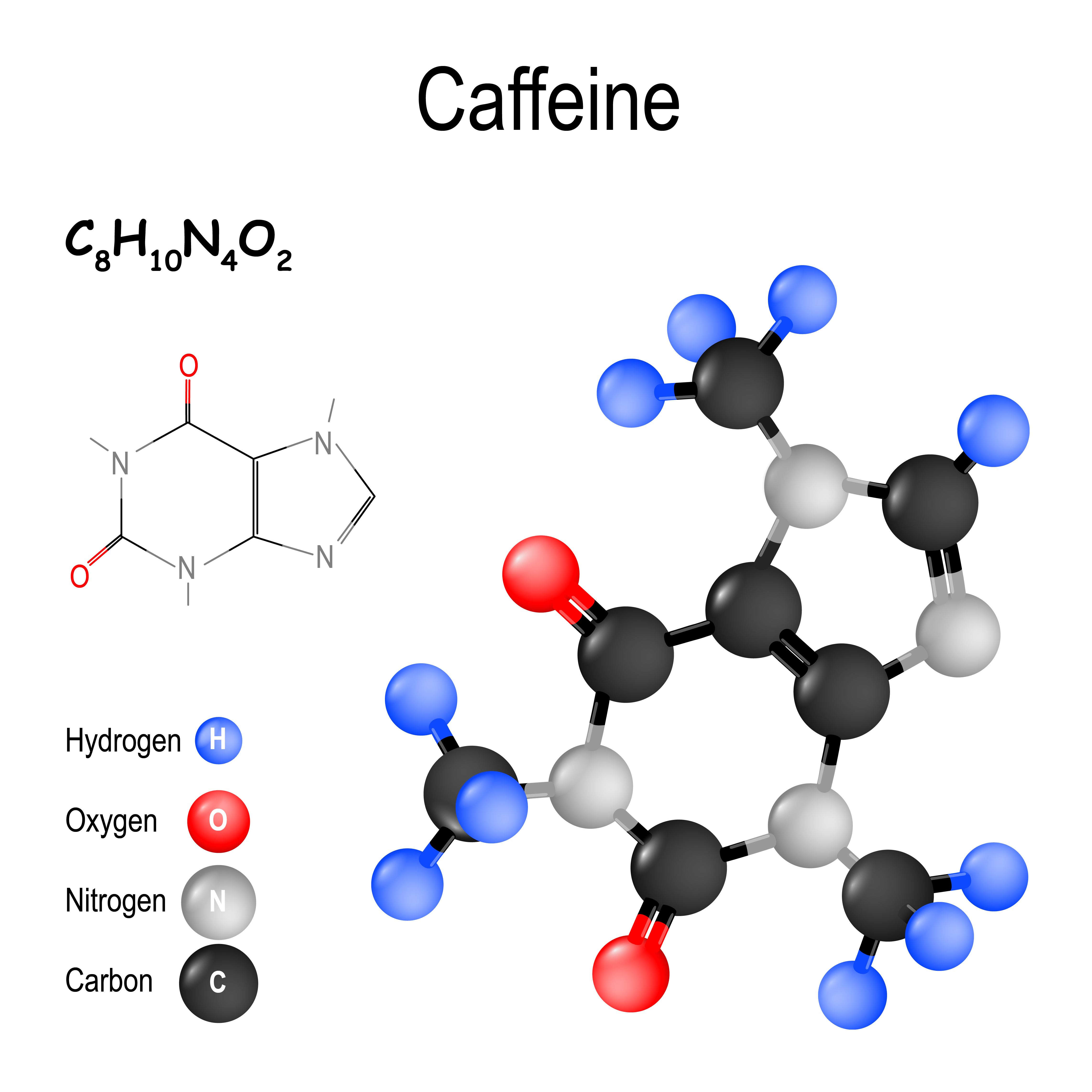
Caffeine and weight loss
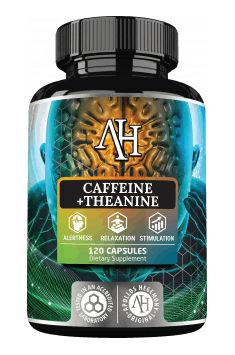
Caffeine also has well-documented slimming properties, which is why it is the main component of a large number of supplements designed for this purpose, as in the case of pre-workout. This is first of all because (as I mentioned earlier) it has a stimulating effect and increases motivation and willingness to take small physical activities during the day, which affects the overall balance of energy use. Another indirect action is increasing the level of adenylate cyclase in cells through hormones - adrenaline and noradrenaline. The adenylate cyclase enzyme converts AMP into a cyclic form - cAMP, whereas cAMP is an intracellular messenger initiating further activities leading to fatty acid oxidation. Caffeine also directly affects the level of cAMP in cells. Well, it works a little differently than adrenaline and norepinephrine, because these hormones cause elevation of cAMP levels, and caffeine slows down its breakdown. This is due to blocking the production of the cAMP degrading enzyme, i.e. phosphodiesterase1. We see, therefore, that coffee can be effectively used as a fat burner.
Caffeine and nootropics
Caffeine efficiently passes the blood-brain barrier, so we can feel its action quite quickly. The duration of its activity is not precisely defined, because it depends on many variables, such as age, duration of use and genetic sensitivity. It is metabolised by the CYP1A2 enzyme - this information can be used to prolong the time of caffeine action. The most popular substance that slows the action of this enzyme is naringenine contained mainly in the grapefruit. There are even ready-made supplements that combine these two compounds.
Unfortunately, caffeine sensitivity is declining quite fast, especially when we abuse it. However, there are methods to restore the appropriate sensitivity, soon there will be a separate, extensive article on this subject.
So why not use a caffeine supplement instead of coffee? Well, caffeine is not the only active component of coffee. Using caffeine alone, for example, there is a risk of an existing insulin problem with increasing or worsening, but there is no such phenomenon when drinking coffee. And there is even information on the reduction of the number of cases of type 2 diabetes in coffee makers. The factor influencing this is the presence of polyphenols. The best-known polyphenol contained in coffee is chlorogenic acid, it has a tissue sensitizing effect on insulin, it is also a powerful antioxidant. Other positive compounds in coffee are also melanoidins and diterpenes. This does not mean, however, that pure caffeine is worthless.
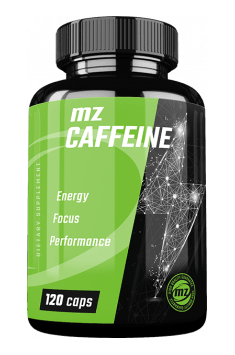
Caffeine overdose
We must also note that some moderation is indicated here! Excess caffeine in the bloodstream may act against moderate doses. Instead of feeling the flow of positive energy, it can cause feelings of anxiety and anxiety, as well as palpitations. Sleep problems are also very likely. Many people are probably aware of the specific effect of coffee based on increased intestinal peristalsis. This may be due to the effect of caffeine on the anal sphincter and the level of gastrin. The influence of chlorogenic acid on coffee-making functions is similar to that of dried plums. Considering the above, the dose should be adjusted to your body. Especially before training, to avoid unnecessary disappointments.
Caffeine and coffee - summary
As you can see, reasonably used coffee brings a lot of good to the life of an active person. It is definitely worth considering using coffee as a pre-workout drink to improve your exercise capacity. Long-term use with techniques that maintain adequate sensitivity to caffeine also allows you to maintain a slim figure, good mood and improve general health. People who do not like the taste and aroma of coffee can boldly reach for a supplement with pure caffeine.
